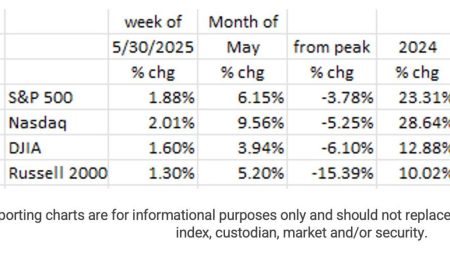Pursuing a Master of Business Administration (MBA) can serve as a strategic move for individuals looking to elevate their career paths, increase their industry knowledge, or explore new job opportunities. The decision to undertake such a significant financial and time investment should be carefully evaluated against one’s career aspirations. Understanding what you aim to achieve through obtaining an MBA is essential. Whether you’re targeting a specific job title, like Chief People Officer, or contemplating a role in a new industry, having a clear career goal can guide your decision on whether to pursue an MBA, as well as which program may best suit your needs.
An MBA program offers several advantages, including opportunities for networking, deepening knowledge within a specific sector, and providing insights into diverse industries. Moreover, graduates often experience an enhancement of their resumes, which can lead to better job prospects. However, the value derived from an MBA can vary based on the quality of the program, personal aspirations, and the alignment of the MBA with career goals. For someone transitioning to a new field, such as from management consulting to nonprofit operations, the networking opportunities presented by a reputable program might be more critical than the degree itself.
Conducting a cost-benefit analysis is fundamental in determining the financial feasibility of pursuing an MBA. According to a survey conducted by the Graduate Management Admission Council, a significant majority of MBA alumni perceive a positive economic return on their educational investment. With the median starting salary for U.S. MBA graduates reported at $125,000—substantially higher than that of non-MBA holders—this illustrates the potential financial benefits of acquiring the degree. However, individual circumstances play a critical role in assessing the overall return on investment, as different industries and job titles yield varying salary prospects.
For example, consider a banker earning $120,000 who aspires to become a Chief Financial Officer at a nonprofit after investing $85,000 in an MBA from a prestigious school. If successful, the individual’s return could be immediate and significant, given a projected average salary of over $260,000. Conversely, if the same banker pursued a similar position within a hospital, the average CFO salary of $123,000 may not justify the initial investment in education, suggesting that an MBA might not be the most sensible financial decision in every case.
Despite the many benefits, an MBA does not always translate into career success. Those seeking the degree merely to qualify for roles they could potentially attain without it may find limited value in their education. The degree is often most advantageous when coupled with relevant industry experience; thus, individuals transitioning directly from undergraduate studies without structured goals may not realize the educational benefits. Additionally, attending a lesser-known MBA program can diminish the advantages expected from holding the degree, emphasizing that the program’s reputation plays a crucial role in enhancing its potential career impact.
In conclusion, deciding to pursue an MBA involves a multifaceted evaluation that accounts for personal and professional objectives. It necessitates a clear understanding of how the degree aligns with career aspirations, such as advancing within a current field or transitioning to a new one where an MBA is essential. Given the significant financial implications, it’s vital to conduct a thorough cost-benefit analysis tailored to your unique situation, taking into account potential salary increases and the reputation of the chosen program. Ultimately, pursuing an MBA should be a strategic decision that aligns with a well-defined career path rather than being viewed as a standalone credential. As such, the pursuit should be firmly linked to long-term professional goals to ensure that the investment yields meaningful returns.










